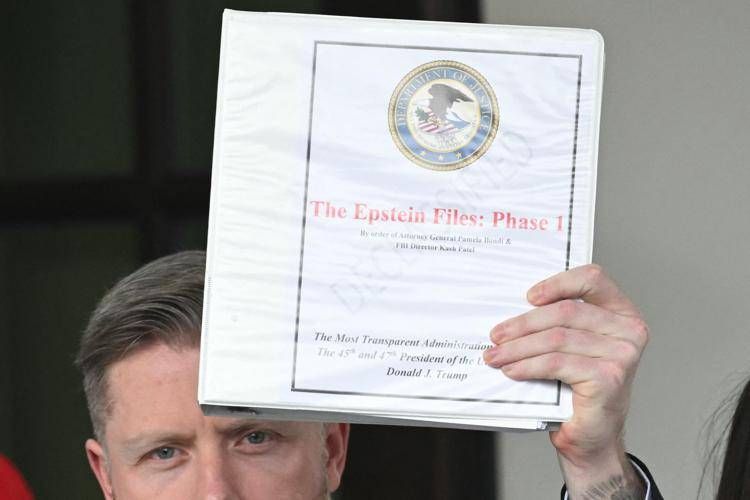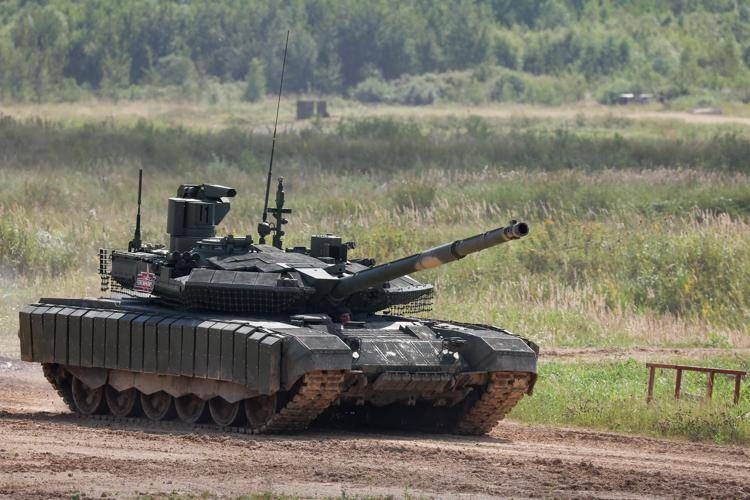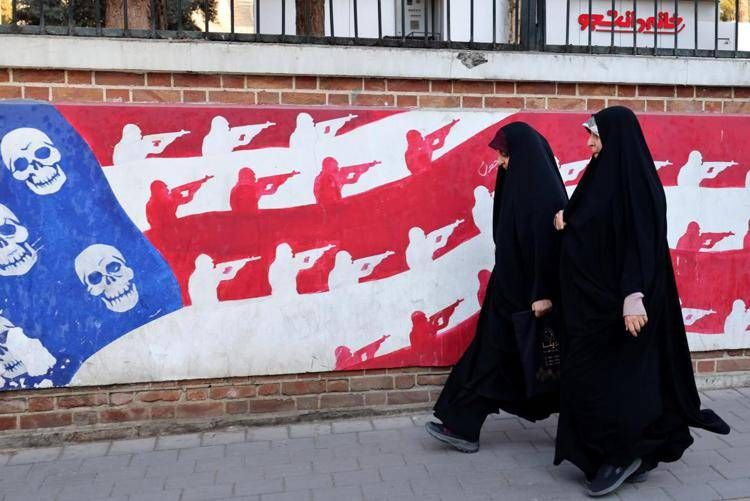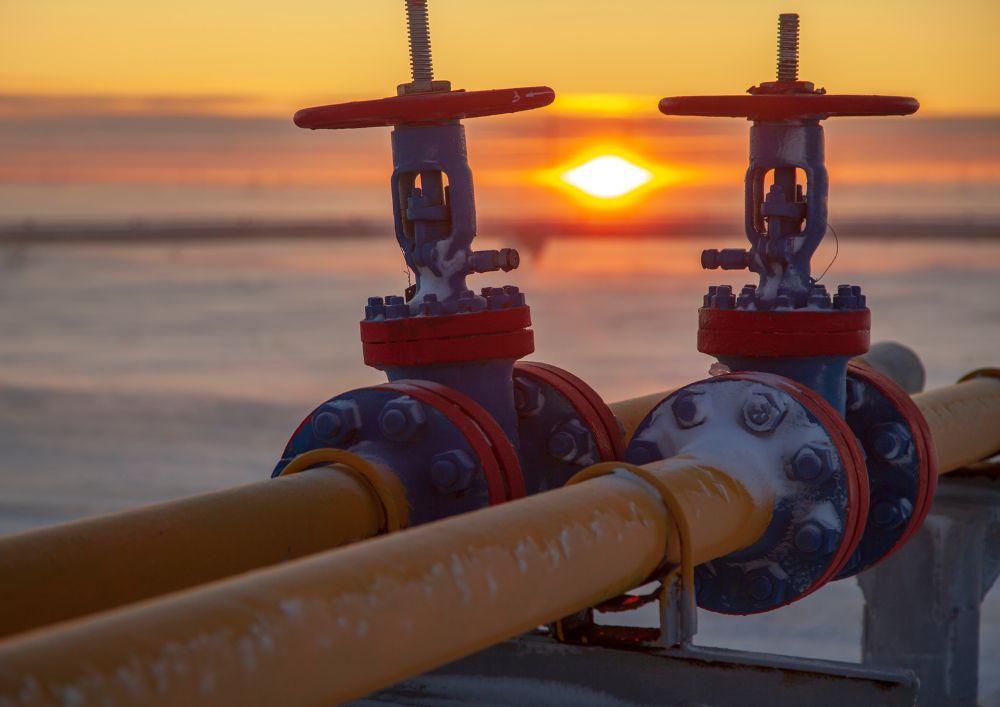
Israel-Iran, the global economic consequences of the attack
-
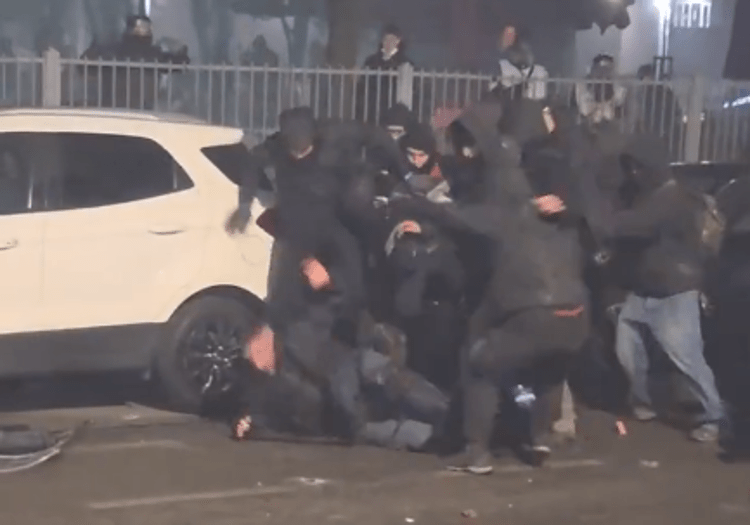

Video shock, poliziotto aggredito negli scontri di Torino
-


Alberto Trentini e Mario Burlò sono in Italia dopo la liberazione VIDEO
-
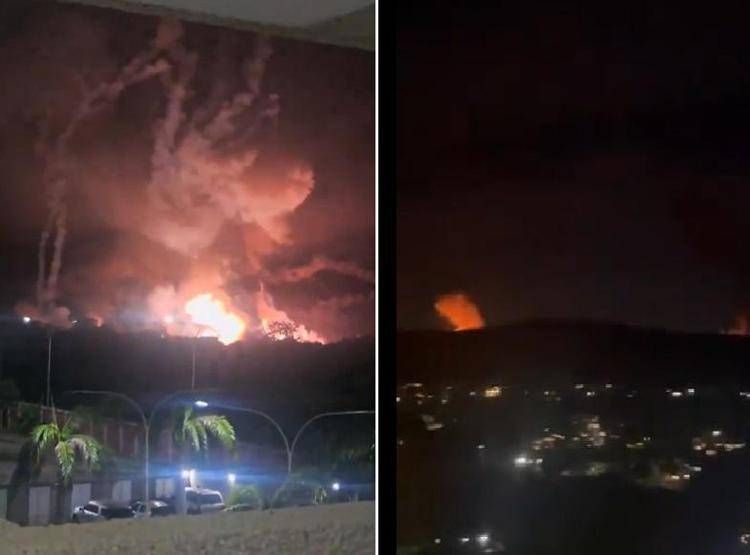

Overnight explosions in Caracas hit military area, widespread power outages reported VIDEO
-


Attacco Usa in Nigeria contro l’Isis, Trump: “Risposta al massacro di cristiani” VIDEO
Energy prices, logistics chains and exports: the three fronts of crisis after the Israeli raid. Risks to global growth increase
Israel’s military offensive against Iran represents a new shock to the global economy. An environment already compromised by years of tension — from the war in Ukraine to the humanitarian crisis in Gaza and the West Bank — is now compounded by a further factor of instability that fuels uncertainty and risks on a global scale.
Major international institutions, from the European Central Bank to the International Monetary Fund and the World Bank, are watching the impact of this new escalation with growing concern. Geopolitics remains the main source of fragility for growth prospects and the balance of international trade, already weakened by the new wave of protectionism triggered by the Trump presidency.
Initial market reactions and the knock-on effect on the real economy
While stock markets reacted immediately to the news of the attack, with surges in energy stocks and widespread declines in global indices, the real consequences for the real economy will emerge in the coming months. But it is already clear that these will exacerbate pre-existing tensions.
The most immediate risk is a further increase in energy prices, which would affect both inflation and production costs. This would also have a knock-on effect on international trade and supply chains, which are increasingly vulnerable to any geopolitical crisis.
The dilemma of sanctions and the limits of the West
In this context, the debate on the effectiveness of international sanctions is back in the spotlight. An inevitable tool for exerting pressure on those who violate rules and sovereignty, as in the case of Russia or Iran, sanctions often have side effects that also penalise those who impose them.
In the case of Israel, which is highly integrated into Western economies, the adoption of restrictive measures has so far been limited to individual sanctions, such as those against ministers Itamar Ben-Gvir and Bezalel Smotrich by the United Kingdom, Australia, Canada, New Zealand and Norway. However, the possibility of large-scale economic sanctions appears unlikely and difficult to implement.
Energy, exports, logistics: the three fronts of the crisis
1. Energy prices and inflation
The Middle East is still a primary source of supply for Italy: about one-third of imported gas and oil comes from the region. The conflict between Israel and Iran risks causing crude oil prices to soar, exacerbating inflation and making industrial production more expensive. This issue is made even more delicate by the instability in African countries, which are seen as alternative suppliers to Russian gas.
2. Contraction in exports
Italian companies operating with Israel and the Middle East will face increased costs for logistics, insurance and risk management. Added to this is a likely contraction in demand in an area where military tensions and mistrust are hampering trade.
3. Logistics under pressure
Global trade routes have already been severely tested by the war in Ukraine and the crisis in the Red Sea, where Houthi attacks — supported by Iran — have hit cargo ships bound for Europe and Asia. The Israeli attack now risks fuelling new tensions throughout the area, with serious repercussions on transport times and costs.
THE LATEST NEWS
(Source: © AndKronos)
-

 News24 ore ago
News24 ore agoSassari, sequestra e tortura la fidanzata per dieci giorni: arrestato 34enne
-

 News10 ore ago
News10 ore agoSospensione delle bollette per il ciclone Harry nelle regioni colpite
-
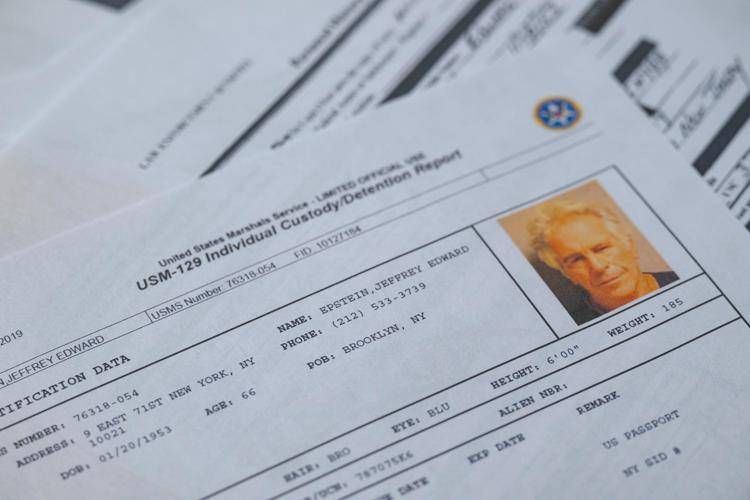
 Primo Piano12 ore ago
Primo Piano12 ore agoDocumenti su Jeffrey Epstein e i contatti con la Russia: cosa emerge
-

 Primo Piano12 ore ago
Primo Piano12 ore agoIl Giorno del Ricordo e le commemorazioni delle foibe in Italia





